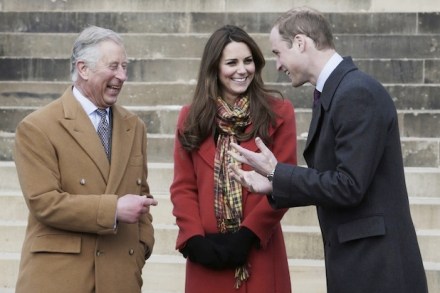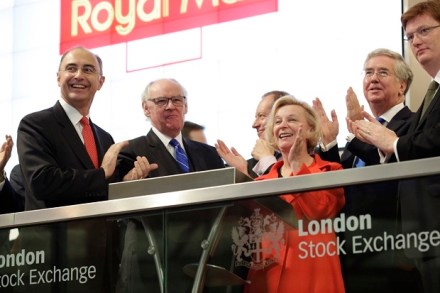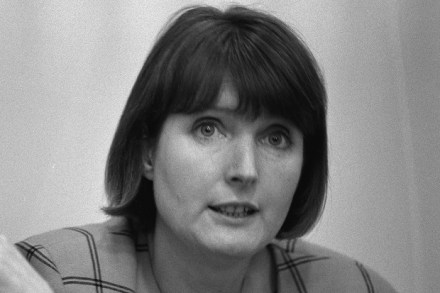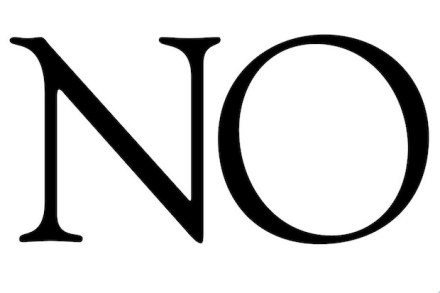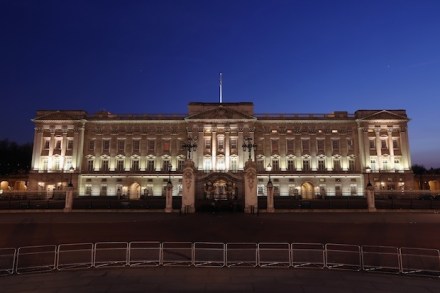Ed Miliband’s problem isn’t his image. It’s us
[audioplayer src=”http://traffic.libsyn.com/spectator/TheViewFrom22_26_June_2014_v4.mp3″ title=”Fraser Nelson and Isabel Hardman discuss whether Labour should let Miliband be Miliband” startat=934] Listen [/audioplayer]That bacon bap earlier this month was not the cause of Ed Miliband’s unpopularity. Ed Miliband’s unpopularity was the cause of the bacon bap. Scant comfort this will give the Labour leader and his fabled ‘advisers’, but they can stop worrying about food-related photographic gaffes because once the world is out to get you, the world will get you, and if they don’t get you one way they’ll get you another. Sooner or later Mr Miliband will have to eat, and sooner or later a shutter will click as he opens his mouth.




